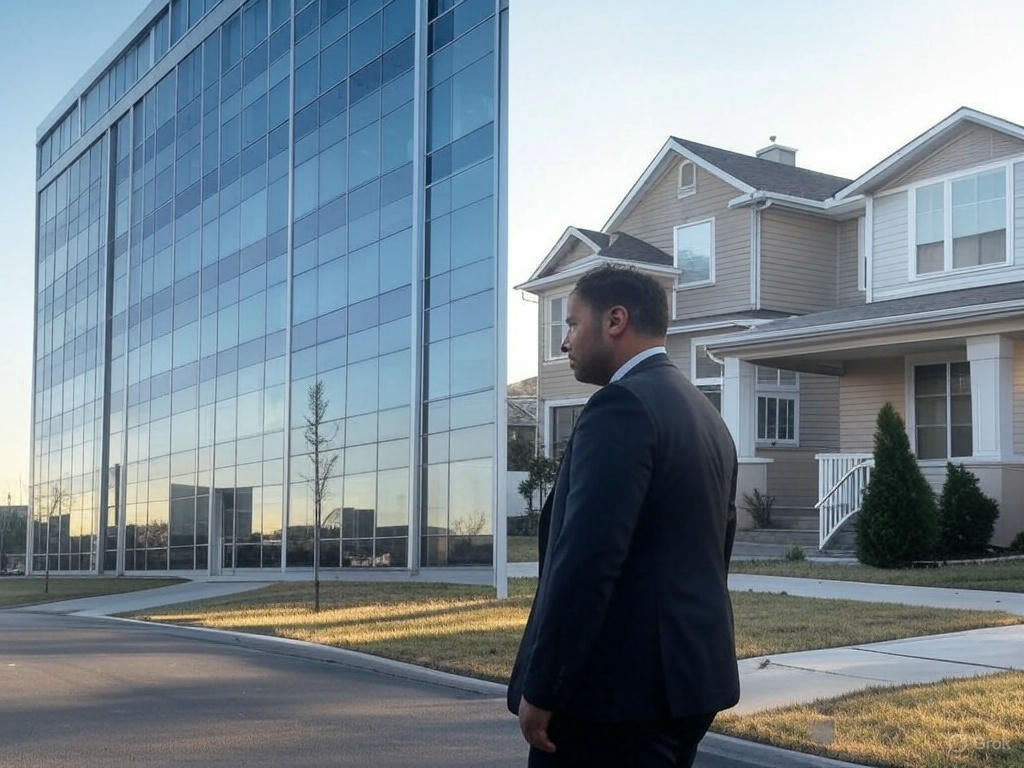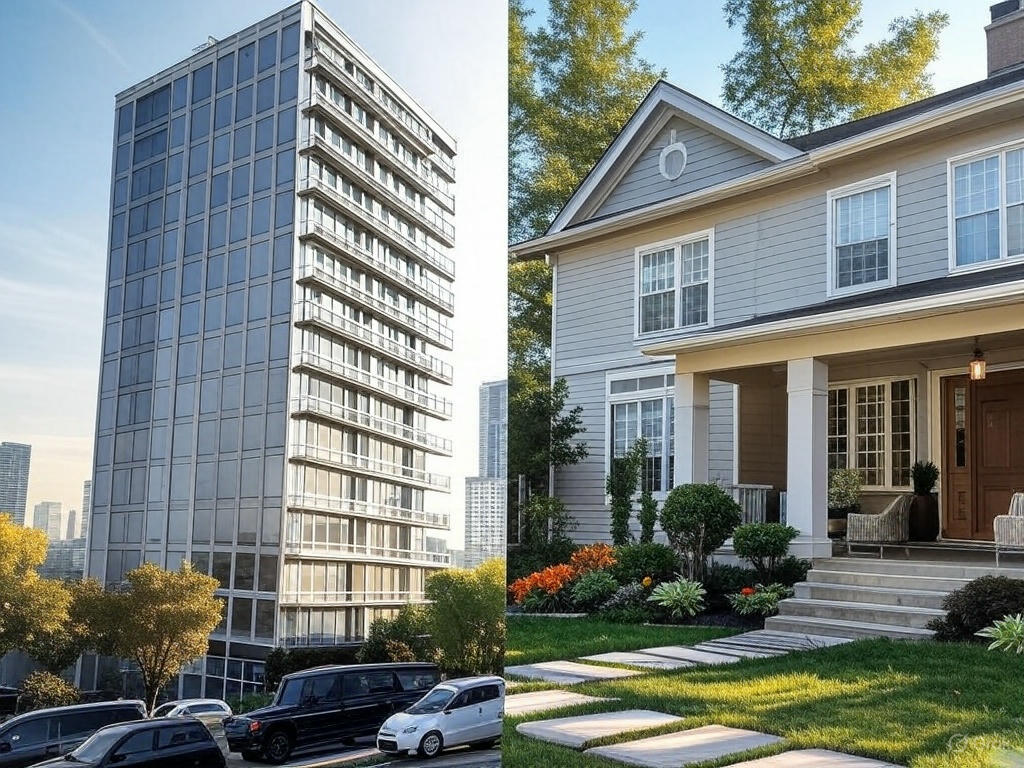Ever found yourself daydreaming about passive income, thinking, “Real estate could be my golden ticket”? You’re not alone! But here’s the million-dollar question—should you go for commercial real estate or stick with residential properties? Each has its pros and cons, and picking the right one depends on your goals, risk appetite, and, let’s be honest, patience level.
Let’s break it down in a way that’s fun, insightful, and (most importantly) helps you make a smart decision.
What’s the Difference, Anyway?
Before we dive into the pros and cons, let’s get one thing straight—what exactly is commercial real estate, and how does it differ from residential?
- Residential real estate includes properties like single-family homes, condos, apartments, and townhouses. If you’ve ever rented an apartment, congrats—you’ve already interacted with residential real estate!
- Commercial real estate (CRE) covers office buildings, retail spaces, warehouses, shopping centers, and even apartment complexes with five or more units. Think big, think business.
Simple enough, right? Now, let’s talk about which investment might be better for you.
Pros & Cons: The Ultimate Showdown
🏡 Residential Real Estate: Your Cozy, Reliable Friend
Pros:
✅ Lower Barrier to Entry – You don’t need millions to start. You can buy a rental home with a decent down payment and a mortgage.
✅ Easier Financing – Banks love residential loans because they’re backed by the property itself. Plus, government programs can help first-time investors.
✅ Consistent Demand – People always need a place to live. Even in economic downturns, folks prioritize housing over fancy office spaces.
✅ Easier to Sell – If things go south, selling a home is usually quicker than offloading a massive office building.
Cons:
❌ High Tenant Turnover – Leases tend to be short-term, meaning more vacancies and constant searching for tenants.
❌ Hands-on Management – Say hello to late-night calls about leaking faucets and broken ACs. Unless you hire a property manager, expect to get your hands dirty.
❌ Lower Rental Income – Residential properties usually generate less income compared to their commercial counterparts.

🏢 Commercial Real Estate: The High-Stakes Power Move
Pros:
✅ Higher Rental Yields – Businesses are willing to pay premium rents, leading to more lucrative returns.
✅ Longer Lease Agreements – Unlike residential tenants who move every year or two, commercial leases often last 5-10 years. Less turnover, more stability.
✅ Tenants Handle Maintenance – Many commercial leases (like Triple Net) make tenants responsible for maintenance, taxes, and insurance. Sweet deal, right?
✅ Property Value Appreciation – Commercial properties often increase in value based on the income they generate. The more you earn, the higher your asset’s worth.
Cons:
❌ Expensive Initial Investment – You’re not buying a cozy studio—you’re acquiring a whole business space. That means a hefty price tag.
❌ Harder to Finance – Banks see commercial properties as riskier, requiring bigger down payments and stricter loan terms.
❌ Market Sensitivity – A recession? A pandemic? Businesses shut down, and your commercial property sits empty for months (or even years). Yikes.
❌ Complicated Management – Handling multiple business tenants, lease negotiations, and zoning laws isn’t exactly a walk in the park.
Which One is Right for You?
Here’s a quick way to decide:
- If you’re looking for steady cash flow with lower risks: Residential is the way to go.
- If you want bigger returns and don’t mind the complexities: Commercial could be your jackpot.
- If you’re a beginner investor: Start small with residential. You can always move into commercial later.
Still torn? Let’s answer some common questions.
FAQs: Quick Answers to Common Questions
1. Is commercial real estate riskier than residential?
Yes. Commercial properties depend on business success, while residential properties have a constant demand for housing.
2. Which one has better ROI?
Commercial real estate can have higher returns, but it requires more capital and expertise. Residential properties offer steadier (though smaller) returns.
3. Can I invest in both?
Absolutely! Many investors start with residential, then diversify into commercial for a balanced portfolio.
4. What’s easier to manage?
Residential is simpler, especially for beginners. Commercial properties require more expertise, but the right leases can make them relatively hands-off.
Final Thoughts: What’s the Best Move for You?
Investing in real estate is like choosing between coffee and tea—both can be great, but it depends on your taste. If you want less stress and steady returns, go residential. If you’re up for higher stakes and greater rewards, commercial could be your playground.
What do you think? Are you leaning toward residential or commercial? Drop a comment below—I’d love to hear your thoughts! And if you found this helpful, don’t forget to share it with a fellow aspiring investor. 😉

